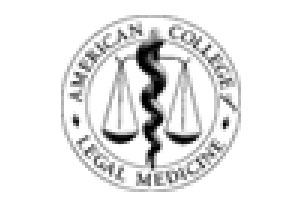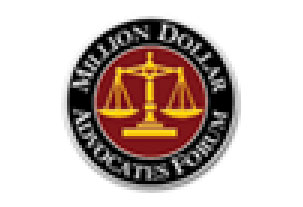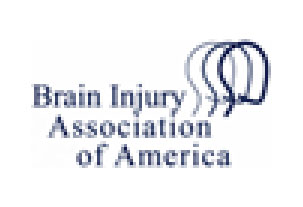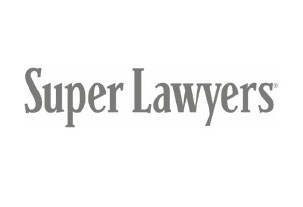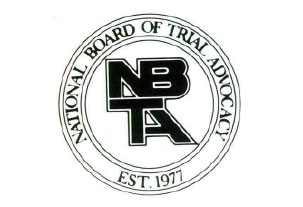Cerebral palsy refers to a group of neurological disorders that permanently affect movement and coordination. The condition can involve numerous complications, some requiring lifelong care. The cost of such care can be overwhelming. An experienced cerebral palsy attorney can help parents seek the financial compensation to which they may be entitled. If your child’s birth defect may have been the result of avoidable birth trauma, discuss your case with a qualified attorney today.
Health complications that patients with cerebral palsy may experience during childhood or later in life include:
- Tonic-clonic and partial seizures. According to HealthCommunities.com, as many as half of all cerebral palsy patients suffer from seizures.
- Contracture, or the shortening of muscle tissue due to severe tightening of the muscle (spasticity). This condition can inhibit bone growth, bend bones and cause joint deformities.
- Malnutrition. Some patients experience problems with swallowing, which can limit their intake of proper nutrients.
- Premature aging. Some patients develop medical conditions in their mid-adulthood that are commonly associated with older age.
- Post-impairment syndrome, which includes symptoms of pain, fatigue and weakness. This condition results from stresses on the body.
- Osteoarthritis, a painful degenerative bone disease caused by joint pressure or joints that are abnormally aligned.
- Intellectual impairment, which affects as many as two-thirds of cerebral palsy patients and ranges from mild to severe.
- Depression. Some patients who feel socially isolated or struggle to cope with their disabilities during day-to-day activities suffer from depression.
- Failure to grow or thrive, which can include patients failing to gain weight normally, being abnormally short or experiencing slow sexual development.
- Hearing problems, for which cerebral palsy patients have an elevated risk.
- Vision problems such as strabismus, characterized by double-vision, crossed eyes and/or a lazy eye, which is caused by differences in the left and right eye muscles that result in misalignment. Some patients suffer from hemianopia, which is characterized by impaired vision or blindness in half the visual field in one or both eyes. Others may experience cortical blindness, which means a patient has no problem with his or her eyes, rather, the part of the patient’s brain that controls vision has been damaged and therefore the patient cannot see.
- Speech problems. Some children with cerebral palsy find it difficult to enunciate words or to process or understand speech.
Sadly, many cases of cerebral palsy result from a birth injury that could have been prevented. If you suspect medical malpractice led to your child’s illness, contact a qualified cerebral palsy lawyer today.




